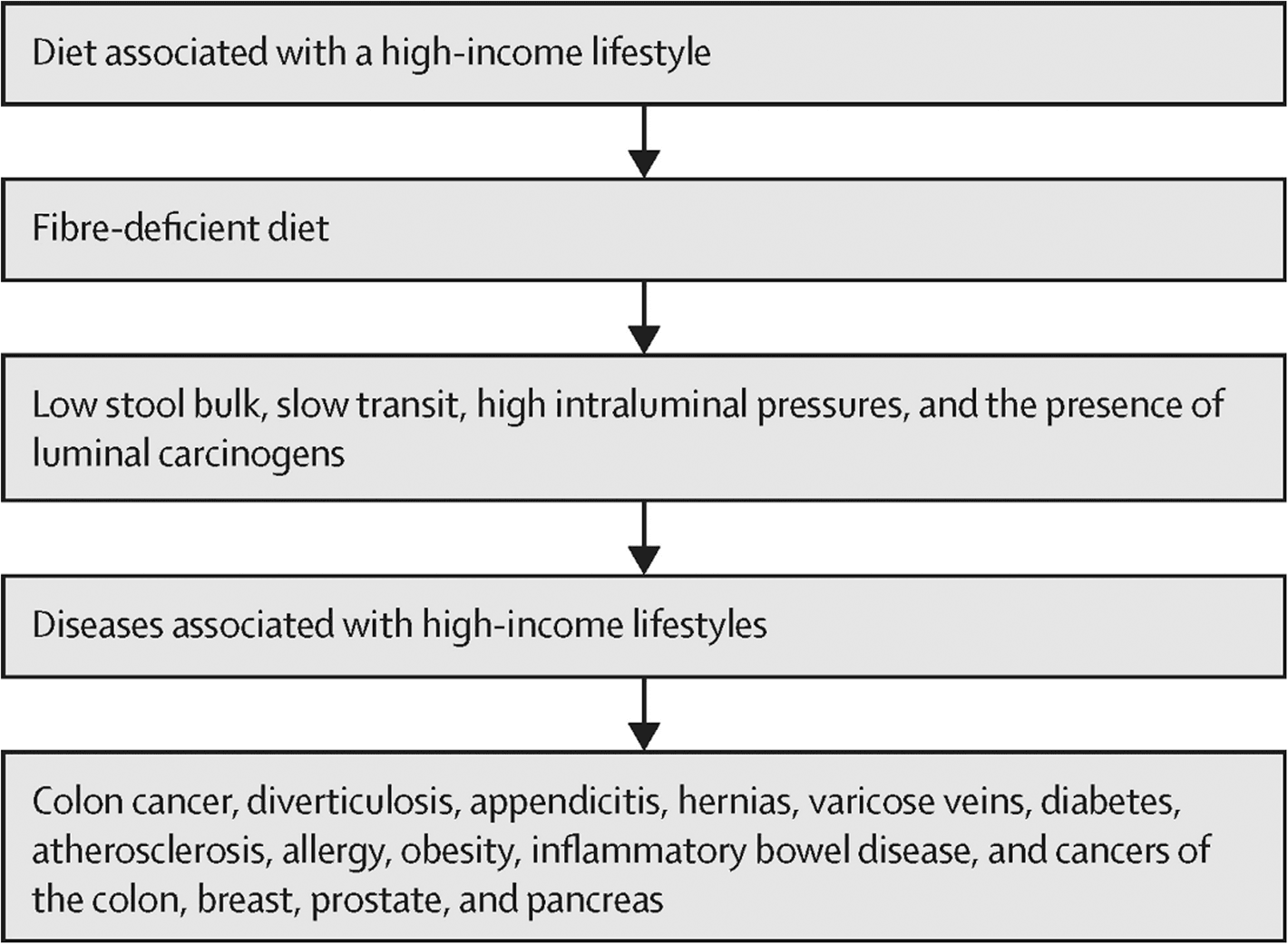What Is Fiber-maxxing? The Safe Way to Build Gut Health
While the world is debating on the protein sufficiency and carbohydrate percentage of a meal, another ‘nutrient’ seems to be silently overtaking the meal time conversations. Fiber-maxxing has been a latest trend on social media and fibers has emerged as a ‘super food’. Let us try to understand why fibers are gaining popularity.
What exactly is Fiber-maxxing?

Fiber-maxxing basically means deliberately consuming a high fibre diet up to or even beyond the recommended levels of 35-40g per day. While this trend first started in the tiktok videos, it caught the attention of the health enthusiasts who were focussing on gut health.
Are Fibers Worth the Hype?
Before understanding the role of fibers and their impact on human health, let us first ask,
What are fibers?
Dietary fibers are the edible parts of plants—such as fruits, vegetables, whole grains, nuts, and seeds that cannot be digested or absorbed by human digestive enzymes. However, they play an important role in supporting healthy digestion.
Do fibers matter?

Global fiber consumption averages around 15-26g/day, well below the recommended level of 35-40g, with the developed countries showing much less consumption. Increasing attention has been paid to diets low in fibre as an important dietary risk factor worldwide.
The Global Burden of Disease (GBD) Study showed that a diet low in fibre is closely associated with the burden of Ischemic Heart Disease (IHD) and Colorectal cancer (CRC).
Epidemiological evidence has shown that a 10 g/d increase in dietary fibre intake reduces the IHD risk by 15 % and the CRC risk by 13 %
Benefits of Fibers
Gut motility
Fiber helps with gut motility and prevention of constipation.
In a randomised controlled double-blind trial, researchers observed the effect of ‘vege powder’ consisting of chicory, broccoli and whole grains on patients with constipation (n=90). This study showed that the patients who received ‘vege powder’ had significant improvements in symptoms of constipation (including stool hardness, defecation frequency and straining to defecate) when compared to the control groups.
Insulin sensitivity and metabolic health
A high intake of soluble dietary fiber appears to have metabolic benefits, including lowering the glycaemic index of carbohydrate-rich foods and helps in the regulation of the lipid levels in blood.
Morimoto and colleagues reported the metabolic effects of dietary fiber on blood glucose levels in study participants without Type 2 diabetes in a Japanese cohort(n=190). Increased intake of dietary fibers during the 5-month period was significantly associated with reduction of HbA1C levels and improved insulin sensitivity.
Effect on gut microbiome
Dietary fibers play an important role in shaping the microbial ecology in the gut. Dietary fibers which are indigestible by human digestive enzymes are the source of energy to the beneficial gut microbes like Lactobacillus and Bifidobacteria and helps in preventing dysbiosis . By utilizing the fibers, the gut microbes produce key microbial metabolites like short chain fatty acids (SCFA’s) that are important for overall health.
Studies suggest that SCFA influences gut motility, suppresses appetite, promotes weight loss, enhances insulin sensitivity and regulates and maintains blood glucose, lipid and cholesterol levels by interacting with various intestinal cells and metabolic pathways.
Effect on mental health
Dietary fibers play an important role in modulating neurotransmitters through the gut-brain axis. The gut microbes produce SCFA’s through the utilization of fibers. These SCFA’s influence tryptophan metabolism and serotonin production. Serotonin, also known as the ‘feel good hormone’ is vital in regulating mood, sleep, digestion, appetite, wound healing, and cognition. Lower dietary fiber intake has been linked to gut dysbiosis and disruption of serotonin signalling pathways frequently associated with anxiety and depression along with other disorders. Therefore, adequate intake of dietary fibers affects the gut microbial composition which in turn influences the neurotransmitter levels.
How to ace Fiber maxxing
Here are some guidelines that can help to gain maximum benefits from Fiber-maxxing:
- Start slow - Increase the fiber gradually starting with lunch and breakfast and slowly build on that. This helps to prevent bloating, gas and abdominal discomfort.
- Add diversity - Include seasonal and locally sourced vegetables, fruits and grains. This helps to automatically build your fiber intake.
- Eat a rainbow diet - Adding more colours to your plate with deep coloured vegetables like brinjal, purple cabbage, bell peppers etc help to add more fiber.
- Hydration matters - Good water intake helps in better digestion and elimination. Ensure to drink good 2-3 litres of water daily.
- Consult your dietitian/health care professional - If there is any medical condition or gut related issues where excess fiber might be contraindicated, it is advisable to follow fiber-maxxing under the watchful eye of a healthcare professional.
Fiber-maxxing is not just a trend, it is a lifestyle upgrade which reflects in your energy levels, overall metabolism, sleep, appetite and even mood.
Start small, focus on how the body responds and build on that to get the maximum benefit out of Fiber-maxxing!
-Rohini Prasad
References
Zhuo, M., Chen, Z., Zhong, M. L., Liu, Y. M., Lei, F., Qin, J. J., Sun, T., Yang, C., Chen, M. M., Song, X. H., Wang, L. F., Li, Y., Zhang, X. J., Zhu, L., Cai, J., Ye, J. M., Zhou, G., & Zeng, Y. (2023). The global disease burden attributable to a diet low in fibre in 204 countries and territories from 1990 to 2019. Public health nutrition, 26(4), 854–865. https://doi.org/10.1017/S1368980022001987
Barber, T. M., Kabisch, S., Pfeiffer, A. F. H., & Weickert, M. O. (2020). The Health Benefits of Dietary Fibre. Nutrients, 12(10), 3209. https://doi.org/10.3390/nu12103209
Yang, M., Cai, C., Yang, Z., Wang, X., Li, G., Li, J., Liu, J., & Zhang, Z. (2024). Effect of dietary fibre on cognitive function and mental health in children and adolescents: a systematic review and meta-analysis. Food & function, 15(17), 8618–8628. https://doi.org/10.1039/d4fo02221a
Ng, H. M., Wall, C. L., Bayer, S. B., Gearry, R. B., & Roy, N. C. (2025). The interconnection between dietary fibre, gut microbiome and psychological well-being. Proceedings of the Nutrition Society, 1–10. doi:10.1017/S002966512510061X